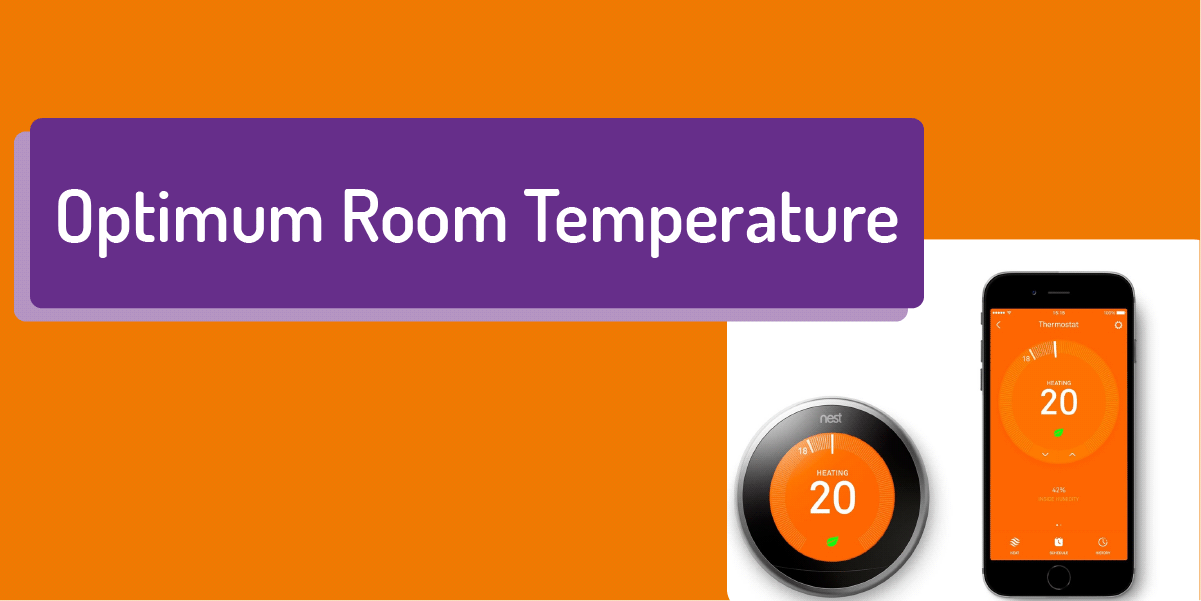Optimal Room Temperature For Work

Keep in mind that your ideal office temperature may fluctuate slightly depending on the kind of work and the people completing the task.
Optimal room temperature for work. To protect employees from having. Read our guides for advice on how to identify control and monitor the health and safety risks associated with temperature at work. Maintaining a thermally comfortable work environment. So an older workforce may benefit from a slightly warmer office temperature.
The winning temperature is. This doesn t have much bearing on what your ideal room temperature will be for your home though. The heat can seriously affect work productivity. Humidity affects how we perceive temperature.
A relative humidity level of 40 percent is optimal for year round comfort. Thermal comfort describes whether a person feels too hot too cold or just right. Back in 1970 the average internal temperature of a home in the uk in the winter months was 12 c. Scientifically room temperature is considered to be 71 degrees fahrenheit 23 degrees celsius and between 293 to 298 kelvins.
Occupational safety and health administration doesn t require employers to maintain specific temperatures in the workplace. The ideal room temperature can differ depending on the season. This relates to your body s internal temperature regulation. In the last 40 years the average room temperature in the uk has risen considerably largely due to the wide dispersion of central heating and improving insulation standards.
The agency recognizes that a 75 degree fahrenheit office might be comfortable for one employee but intolerable for another. There are scientific reasons why a room temperature of around 65 f 18 3 c is optimal for good nighttime sleep. For maximum brain power make sure your office thermostat is at this temperature which research has found to be the best. Managing thermal comfort at work.
If the air is too humid it can affect people s ability to sweat which can lead to heat exhaustion. Decades later this has risen to 18 c.





.jpg)













